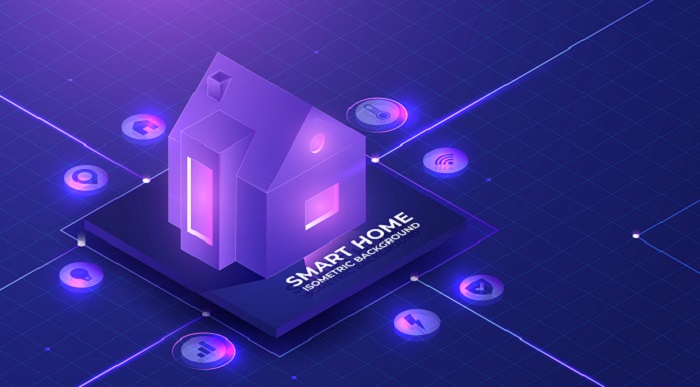The real estate industry is undergoing a significant transformation, driven by cutting-edge technologies that are reshaping how properties are bought, sold, managed, and experienced. As we move further into 2024, several key tech trends are emerging as game-changers in the property sector.
Internet of Things and smart buildings
The Internet of Things is playing a crucial role in the development of smart buildings and property management. IoT sensors can monitor various aspects of a building’s performance, from energy consumption to maintenance needs.
BMS
A key component of this is the building management system (BMS), which integrates these sensors to optimize building operations effectively.
A BMS automates tasks such as heating, ventilation, air conditioning (HVAC), lighting control, and security management. By centralizing control over these systems, it enhances efficiency while ensuring occupant comfort. The integration of IoT with BMS allows for real-time monitoring and predictive maintenance, significantly reducing operational costs.
Smart buildings
Smart buildings equipped with advanced technologies not only improve energy efficiency but also enhance the overall tenant experience. Features such as automated lighting adjustments based on occupancy or temperature control systems that adapt to individual preferences illustrate how technology is making living and working environments more comfortable and sustainable.
Artificial Intelligence and Machine Learning
Artificial Intelligence (AI) and Machine Learning (ML) are revolutionising various aspects of real estate. These technologies are being employed to analyse vast amounts of data, providing valuable insights for property valuation, market trends, and investment opportunities.
AI-powered chatbots
AI-powered chatbots are improving customer service by offering 24/7 support to potential buyers and tenants. These virtual assistants can answer queries, schedule viewings, and even provide personalized property recommendations based on user preferences.
Prediction of property values and rental rates
Moreover, AI algorithms are being utilized to predict future property values and rental rates with remarkable accuracy. According to a McKinsey case study, machine learning models were able to forecast three-year rent per square foot for multifamily buildings in Seattle with over 90 % accuracy, demonstrating the potential for advanced analytics to enhance decision-making for investors and property managers in specific real estate markets.
Virtual and Augmented Reality
Virtual Reality (VR) and Augmented Reality (AR) are transforming property showcases and the home-buying experience. VR technology allows potential buyers to take immersive 3D tours of properties from anywhere in the world, saving time and resources for both clients and estate agents. AR, on the other hand, is being used to stage properties virtually.
This technology enables prospective buyers to visualize different furniture layouts and decor options, helping them to better envision their future homes. The impact of these technologies is significant. Properties featuring 3D tours are 95 % more likely to generate enquiries and typically spend one-third less time on the market compared to those without virtual showcases.
Blockchain and smart contracts
Blockchain technology is set to revolutionize property transactions by enhancing security, transparency, and efficiency. Smart contracts, powered by blockchain, can automate and streamline the process of property transfers and lease agreements, reducing the need for intermediaries.
This technology also facilitates property tokenisation, allowing for fractional ownership and making real estate investment more accessible to a broader range of investors. As blockchain adoption grows, it’s expected to significantly impact the real estate market within the next years.
Big data analytics
Big data analytics is empowering real estate professionals with unprecedented insights into market trends, consumer behavior, and property performance. By analyzing vast amounts of data from various sources – including social media, property listings, and economic indicators – real estate firms can make more informed decisions about investments, pricing strategies, and marketing approaches.
This technology is particularly useful in identifying ideal investment properties and matching clients with properties that meet their specific needs and preferences. Big data analytics is also being utilized in Building Information Modelling (BIM) to create detailed 3D models of properties, aiding in construction and maintenance planning.
Going forward
The real estate industry is experiencing a technological revolution that is reshaping every aspect of the sector. As we look to the future, it’s clear that embracing these technologies will be crucial for real estate professionals to remain competitive. The integration of these technologies is not just changing how real estate business is conducted; it’s fundamentally altering how we interact with and experience properties.




